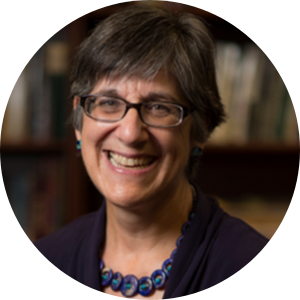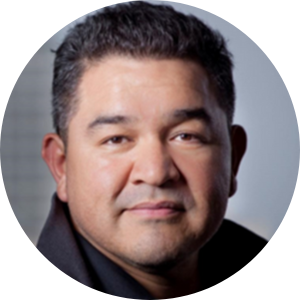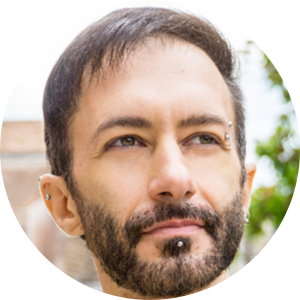In this tutorial you will:
- Integrate foresight and ethnography for multimodal data collection and analysis
- Identify people and innovation centers at the leading edge of your research or market domain
- Build grounded future scenarios that support discovery, strategy, planning, and decision making
- Discover use cases for applying ethnofutures in your own work
Predictive analytics have become increasingly sophisticated, yet organizations still struggle to anticipate and plan for social change, emerging use cases, and spaces of transformative innovation.
Ethnofutures is a practice for building future scenarios that are grounded in multimodal data, with techniques for getting beyond the conventional wisdom that often constrains innovation, planning, and decision making. It brings together principles and techniques from foresight and ethnography, such as horizon scanning, megatrends, ethnographic futures interviews, and observations.
In this tutorial, participants will learn ethnofutures approaches to data collection and analysis, then work through concrete applications. We will also build specific use cases for practicing ethnofutures in our own work. The tutorial will be particularly valuable for researchers, designers, and strategists guiding innovation, organizational transformation, product and service design, new markets, brand communications, community development, and related areas.
Generating future scenarios that are authentic and inclusive is crucial to the value they drive. When we practice ethnofutures, we systematically engage diverse intelligences through multiple methods, data sources, social domains, and cultural perspectives. We do nuanced analyses of stakeholder groups, enabling us to identify key spaces of innovation that may not be represented by standard organizational and market categories. Bottom-up techniques also connect us with people on the leading edge of our research or market domains so we can detect early signals of change.
Finally, ethnofutures is valuable because it recognizes the enormous variety of intelligences and innovation centers outside the logics that dominate industry and institutional environments. It is a practice that enables us to think beyond conventional narratives about who and what ‘make the future’, with the potential to guide decisions that support the agency, expertise, and collective action of diverse communities.
Who Will Benefit from This Tutorial?
Participants should have some experience using ethnography for projects in organizational environments, but do not need formal experience with futures or foresight.
Assignments
Prior to the session, participants will view a YouTube tutorial on basic forecasting skills and complete a short exercise. The instructors also will provide three articles for reference.
Instructors

Jan English‑Lueck is a Professor of Anthropology at San Jose State University and a Distinguished Fellow at the Institute for the Future. She has written ethnographies about the anthropology of work, science and technology among California’s alternative healers, and China’s scientists. She is also the author of several books on Silicon Valley including Cultures@SiliconValley (second edition), winner of the American Anthropological Association’s 2006 Diana Forsythe Prize for the anthropology of science and technology. English-Lueck is Past President of the American Anthropological Association’s Society for the Anthropology of Work and was co-chair of EPIC2021.

Rod Falcon brings his extensive experience directing research and teams to his current role co-leading IFTF Vantage Partnership. With a deep background in public health policy, he has served in several different capacities at IFTF since 1995, including leading the Food Futures and Health Futures programs and leading research for the Tech Futures program. In the course of his work, Rod speaks to executive audiences and helps them find innovative strategies for participating in the global economy. His research focus areas have included personal health technologies, communication and messaging practices in the workplace and home, social networks and abundant connectivity, and health-aware environments. Rod holds a BA in American history and a Master’s of Public Policy.

Davide Casciano is currently a Marie Sklodowska-Curie Action Postdoctoral Fellow within the LAGOSTECH project at KU Leuven, collaborating with San Jose State University and conducting ethnographic research on Nigeria’s technology innovation clusters in Lagos. Casciano completed his PhD at Sapienza University of Rome, and subsequently held positions at the University of Witwatersrand, the University of Bologna, the LUXCORE project (Norwegian Research Council), and University College London. His research has focused on religion and conflict, corruption, luxury, digital extortion, and tech innovation in Lagos, Nigeria, and on private security companies in Johannesburg, South Africa.
